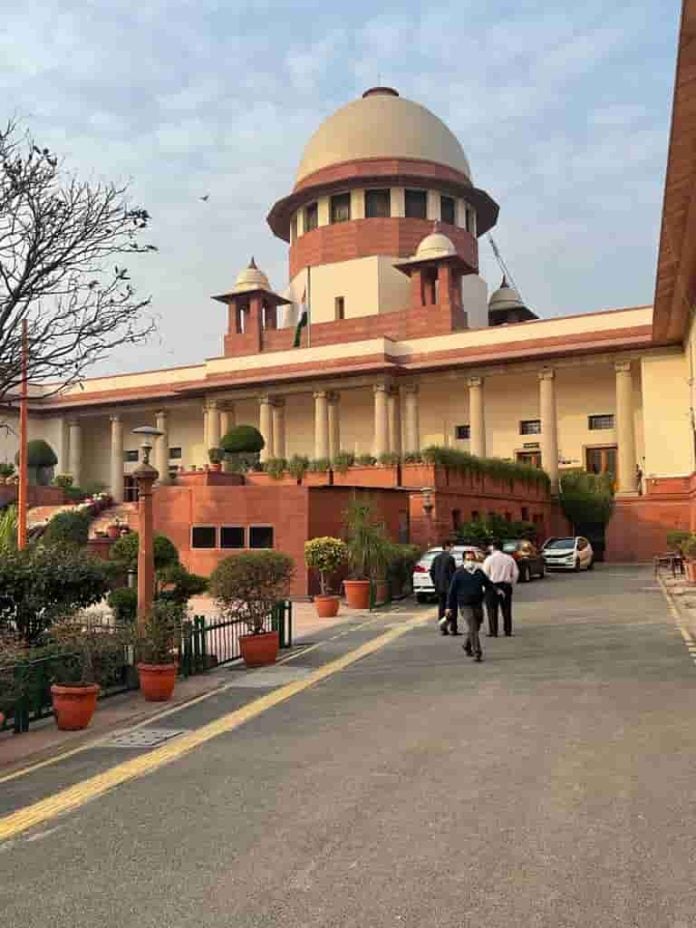The Supreme Court has ruled that allegations regarding fraud must be specifically averred in the plaint, as the parties can try to get the suit within the limitation period of the Limitation Act, 1963, merely by the usage of the word ‘fraud’.
The Bench of Justice M.R. Shah and Justice Krishna Murari passed the order last week on a petition challenging the order of the Trial Court and the High Court, which had entertained a suit on cancellation of a sale deed, already barred by limitation.
The top court of the country noted that the averments and allegations in the plaint with respect to fraud with respect to the knowledge of plaintiffs averred in paragraph 19 were too vague.
It said nothing has been mentioned on which date and how the plaintiffs got the knowledge that the document was obtained by fraud or misrepresentation.
The Bench noted that the alleged fraudulent sale came to the knowledge of the plaintiffs only when the plaintiffs visited the suit property. It said nothing has been mentioned as to when the plaintiffs visited the suit property.
The Apex Court further noted that it did not understand how on visiting the suit property, the plaintiffs came to know about the contents of the sale deed and got the knowledge about the alleged fraudulent sale.
The top court of the country ruled that the plaintiffs had resorted to ‘clever drafting’ in order to bring their suit within the period of limitation invoking Section 17 of the Limitation Act, which was otherwise barred by limitation.
As per the case, the original plaintiffs had filed the respective suits before the Trial Court for cancellation of the sale deed executed by the plaintiffs in favour of the appellant – original defendant as null and void and to declare that the plaintiffs were the absolute owners of the suit schedule property.
According to the plaintiffs, by fraudulent misrepresentation of the character of the document, as if it was a Joint Development Project, the defendant got the sale deeds and the plaintiffs, without knowing the contents of the documents, had executed it. The claim was that the plaintiffs came to know about this aspect only in April, 2015 and immediately thereafter, they had filed the present suits.
However, the original defendant-appellant claimed that the suits were clearly barred by the law of limitation and filed applications to reject the respective plaints under Order VII Rule 11(d) of the Code of Civil Procedure, 1908.
Earlier, the Trial Court had dismissed the applications under Order VII Rule 11 of CPC, observing that the issue of limitation was a mixed question of law and facts. The Madras High Court also confirmed the order of the Trial Court and dismissed the revision petition of the appellants.
The original defendant-appellant then moved the Supreme Court, which after consideration of the facts and opposing arguments, ruled that most of the cause of action alleged was much prior to the execution of the registered Sale Deeds.
The Supreme Court set aside the orders of the High Court as well as the Trial Court rejecting the respective applications under Order VII Rule 11 CPC and allowed the appeals.
Case Title: C.S. Ramaswamy Versus V.K. Senthil & Ors


